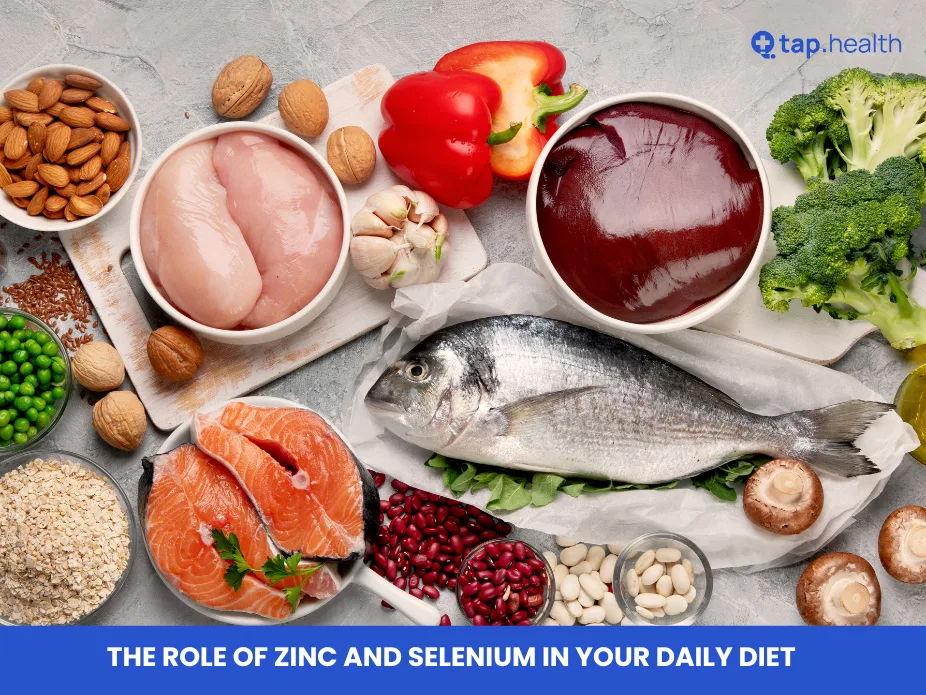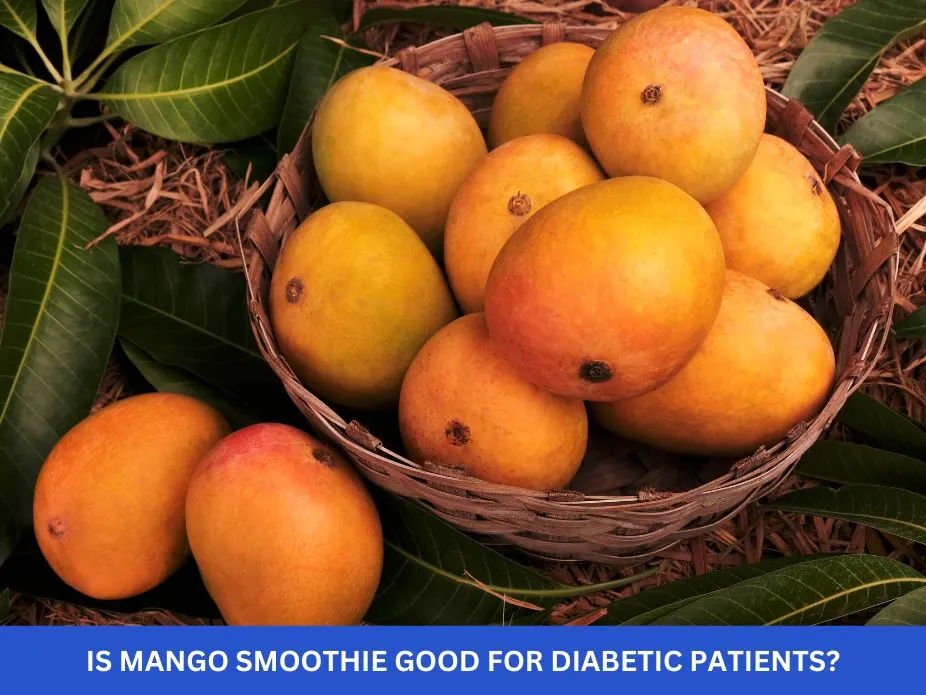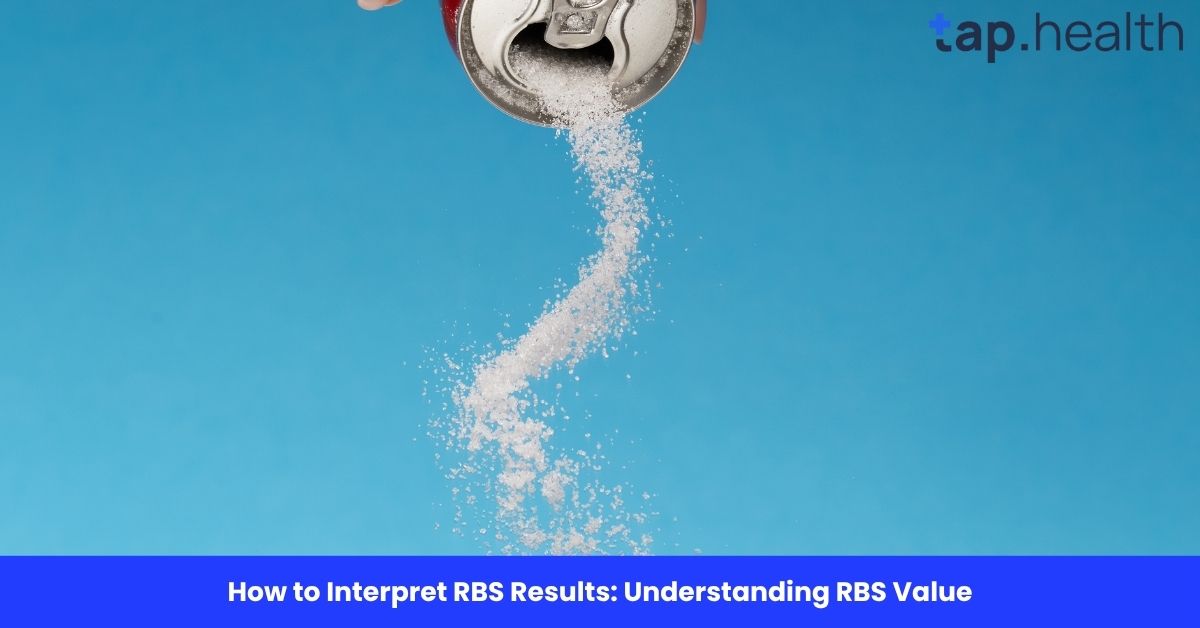When it comes to nutrition, we often hear about the importance of vitamins, fiber, and healthy fats. But there are two minerals that play an essential role in supporting our overall health: zinc and selenium. These two trace minerals are crucial for immune function, cell growth, and a variety of other bodily processes. Despite their importance, they don’t always get the attention they deserve in everyday diets.
In this blog post, we will explore the roles of zinc and selenium in your body, why they’re so important, and how to make sure you’re getting enough of them through your diet. We’ll also highlight foods rich in these minerals, along with expert insights and real-life scenarios to help you understand their benefits.
What Are Zinc and Selenium?
Before diving into their roles, let’s take a closer look at these two minerals.
What is Zinc?
Zinc is an essential mineral that the body needs for a variety of functions. It plays a key role in the immune system, helping to fight infections and support the production of new cells. Zinc is also involved in protein synthesis, wound healing, and DNA synthesis. Since our bodies don’t store zinc, we must consume it daily to maintain healthy levels.
Key Functions of Zinc:
- Boosts immune function by supporting the production of immune cells.
- Supports protein synthesis and wound healing.
- Plays a role in maintaining healthy skin and eyes.
- Contributes to normal growth and development during pregnancy, childhood, and adolescence.
What is Selenium?
Selenium is another essential mineral that acts as a powerful antioxidant. It helps protect your cells from oxidative damage and supports thyroid function, which is critical for regulating metabolism. Selenium also plays a role in reducing inflammation and boosting immunity.
Key Functions of Selenium:
- Acts as a potent antioxidant that protects cells from damage.
- Supports thyroid function and metabolism.
- Enhances the immune system, particularly in fighting infections.
- May reduce the risk of chronic diseases such as heart disease and cancer.
The Importance of Zinc and Selenium for Your Health
Both zinc and selenium are essential for maintaining good health. Let’s take a closer look at why these minerals matter for your body:
Zinc’s Role in Immunity and Health
Zinc is vital for proper immune function. It helps produce immune cells like T-cells and macrophages, which are crucial in fighting off bacteria, viruses, and other pathogens. If you don’t have enough zinc, your immune system may not function properly, which can lead to a greater risk of infections and illnesses.
Additionally, zinc is involved in the synthesis of proteins, enzymes, and DNA. This means it supports the body’s ability to repair tissues and regenerate cells, making it essential for wound healing and overall growth.
Selenium’s Role in Immune Function and Antioxidant Defense
Selenium is perhaps best known for its role as an antioxidant. It helps neutralize free radicals, which are harmful molecules that can damage cells and contribute to aging, heart disease, and cancer. By reducing oxidative stress, selenium helps protect your body from these potential health risks.
Moreover, selenium supports thyroid function, which regulates metabolism and energy levels. It is also involved in the production of immune cells, and research suggests that adequate selenium intake can help improve immune responses to infections.
How to Get Enough Zinc and Selenium in Your Diet
Now that you know why zinc and selenium are important, the next question is: How can you ensure you’re getting enough of these essential minerals in your diet?
Foods High in Zinc
Zinc is found in many animal-based foods and some plant-based sources. Here are some foods rich in zinc that you can incorporate into your daily meals:
- Meat and Poultry – Beef, lamb, and chicken are excellent sources of zinc.
- Shellfish – Oysters, crab, and lobster are especially high in zinc.
- Nuts and Seeds – Pumpkin seeds, sesame seeds, and cashews contain good amounts of zinc.
- Legumes – Lentils, chickpeas, and beans are plant-based sources of zinc, although they may be less bioavailable compared to animal-based sources.
- Whole Grains – Oats, quinoa, and brown rice contain zinc, although again, the bioavailability may be lower than animal-based options.
- Dairy Products – Milk and cheese can provide a decent amount of zinc.
Foods High in Selenium
Selenium is found in a variety of foods, and it’s relatively easy to get enough through your diet. Here are some selenium-rich foods:
- Brazil Nuts – Just a small handful (about 2-3 nuts) provides more than enough selenium for the day.
- Seafood – Tuna, sardines, and shrimp are excellent sources of selenium.
- Meat and Poultry – Beef, turkey, and chicken contain good amounts of selenium.
- Whole Grains – Brown rice, whole wheat bread, and oats can provide selenium.
- Eggs – Eggs contain selenium and are a great protein source.
- Sunflower Seeds – These seeds are not only a good source of selenium but also contain healthy fats and vitamin E.
Real-Life Scenarios
Scenario 1: Tom’s Immunity Boost
Tom, a 35-year-old office worker, has been experiencing frequent colds and low energy. After speaking with his doctor, he learns that his zinc and selenium levels are low, which may be contributing to his weak immune system. His doctor recommends increasing his intake of zinc-rich foods like lean beef, pumpkin seeds, and legumes, and selenium-rich foods like Brazil nuts, tuna, and eggs.
Within a few weeks of following these dietary changes, Tom notices his energy levels improve, and he starts getting fewer colds. His immune system is stronger, and he feels more energized throughout the day.
Scenario 2: Lisa’s Healthy Skin Journey
Lisa, a 42-year-old woman, has struggled with acne and skin irritation for years. After doing some research, she learns that zinc plays a critical role in skin health and wound healing. She starts adding more zinc-rich foods to her diet, like chickpeas, spinach, and yogurt. She also incorporates selenium-rich foods like sardines and brown rice.
A few months later, Lisa notices a significant improvement in her skin. Her acne has reduced, and her skin feels smoother. By ensuring adequate levels of zinc and selenium, Lisa has not only supported her immune system but also improved her skin health.
Expert Contributions
Dr. Maria Jenkins, a registered dietitian and nutrition expert, shares her insights:
“Zinc and selenium are essential trace minerals that should not be overlooked. Zinc is vital for immune function, cell repair, and skin health, while selenium plays a key role in protecting the body from oxidative damage. It’s important to consume a variety of foods to ensure you’re getting adequate amounts of these minerals, as they support so many critical functions in the body. Both zinc and selenium are found in a wide range of foods, from meats and seafood to nuts and grains, making them easy to include in your daily diet.”
Recommendations Grounded in Proven Research and Facts
- Prioritize zinc and selenium-rich foods: Include a variety of zinc and selenium-rich foods in your diet, such as meats, seafood, nuts, seeds, and whole grains.
- Consider supplementation if needed: If you have a deficiency, talk to your healthcare provider about taking a supplement. Zinc and selenium supplements are widely available, but it’s important to use them under professional guidance.
- Maintain a balanced diet: A well-rounded diet with a focus on whole, nutrient-dense foods is the best way to ensure you’re getting enough of these minerals, along with other essential nutrients.
FAQ
Q: How much zinc do I need each day?
A: The Recommended Dietary Allowance (RDA) for zinc varies by age, sex, and life stage. For adults, the RDA is 8 mg for women and 11 mg for men.
Q: What happens if I don’t get enough selenium?
A: Selenium deficiency can lead to a weakened immune system, thyroid dysfunction, and even an increased risk of certain diseases. Symptoms of deficiency may include fatigue, muscle weakness, and immune system problems.
Q: Can I get enough zinc and selenium from plant-based foods?
A: Yes, but it may require more effort. While animal-based sources of zinc and selenium are more bioavailable, plant-based sources like legumes, seeds, nuts, and whole grains can also contribute. Consider consulting a dietitian to ensure you’re meeting your nutritional needs.
Q: Can too much zinc be harmful?
A: Yes, excessive zinc intake (over 40 mg per day) can lead to toxicity, causing symptoms such as nausea, vomiting, and immune system suppression. Always aim to meet the recommended daily intake rather than exceeding it.
References
- National Institutes of Health (NIH) – Zinc
NIH Zinc Overview - National Institutes of Health (NIH) – Selenium
NIH Selenium Overview


